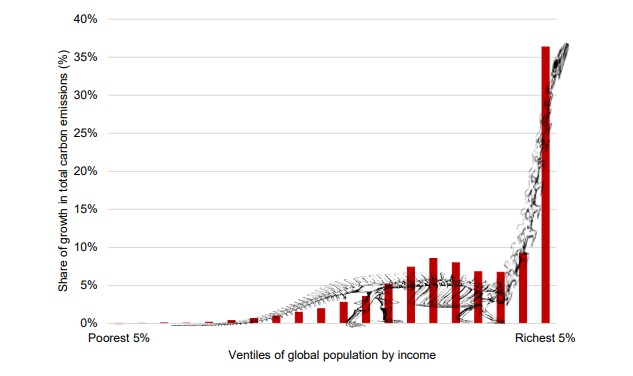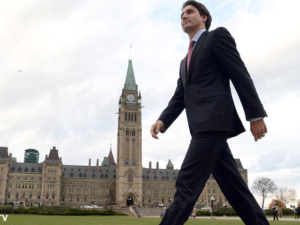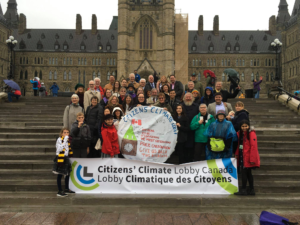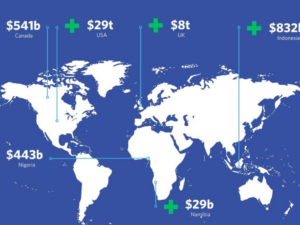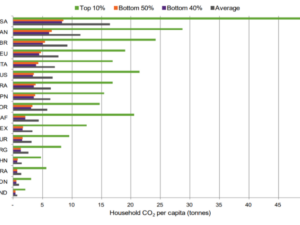One train of thought pronounced by populist pundits to deal with the affordability crisis is a gas tax holiday. Gas taxes are very efficient at converting road usage into funding for road infrastructure. Cutting federal gas taxes will have almost zero impact on oil market prices and very little impact on prices at the pump because the federal gas taxes are so low. They will, however, allow oil and gas companies to keep prices high while capturing more of the revenue. Underfunded and degraded infrastructure will, however, impose costs on those who can least afford them. Another idea to push the pause button on carbon pricing. The latest IPCC Reports concluded it is now or never. The money that is needed to transform our economies is in the trillions of dollars. Last year, 450 major financial institutions committed to aligning the $130 trillion they manage to science-based net-zero targets in the Glasgow Finance Alliance for Net-Zero. The fact is much of the heavy-lifting that will efficiently decarbonize our economies will come not from the taxpayers’ pockets but from long-term predictable carbon pricing policies that allow the whole economy to demand and drive change. Additionally, another fact is most Canadians living in the provinces with the federal carbon pollution fee (Ontario, Manitoba, Saskatchewan, and Alberta) come out ahead. Provinces without the rebate from their carbon pollution pricing policies should consider a rebate. As well, gas tax and carbon tax holidays will disproportionately benefit the rich. The data is abundantly clear that the top 10 percent of earners in the USA, Canada, and around the world, consume far more fossil fuels than average. Thus, cutting gas and carbon taxes across the board will benefit the richest the most. To deal with the affordability crisis, we can look to New Brunswick, where the Higgs’ government distributed a one-time payment to low-income New Brunswickers to help them deal with soaring gasoline and grocery bills. The Emergency Fuel and Food Benefit will see low-income individuals receive $225 and low-income families, including seniors, receive $450. There’s no reason why the governments can’t redirect the billions of dollars of fossil fuels subsidies from oil and gas companies to help Canadians with their cost of living instead.Laser Talk: The Affordability Crisis
LASER TALK The Affordability Crisis
Home » CCL Canada News » LASER TALK The Affordability Crisis


